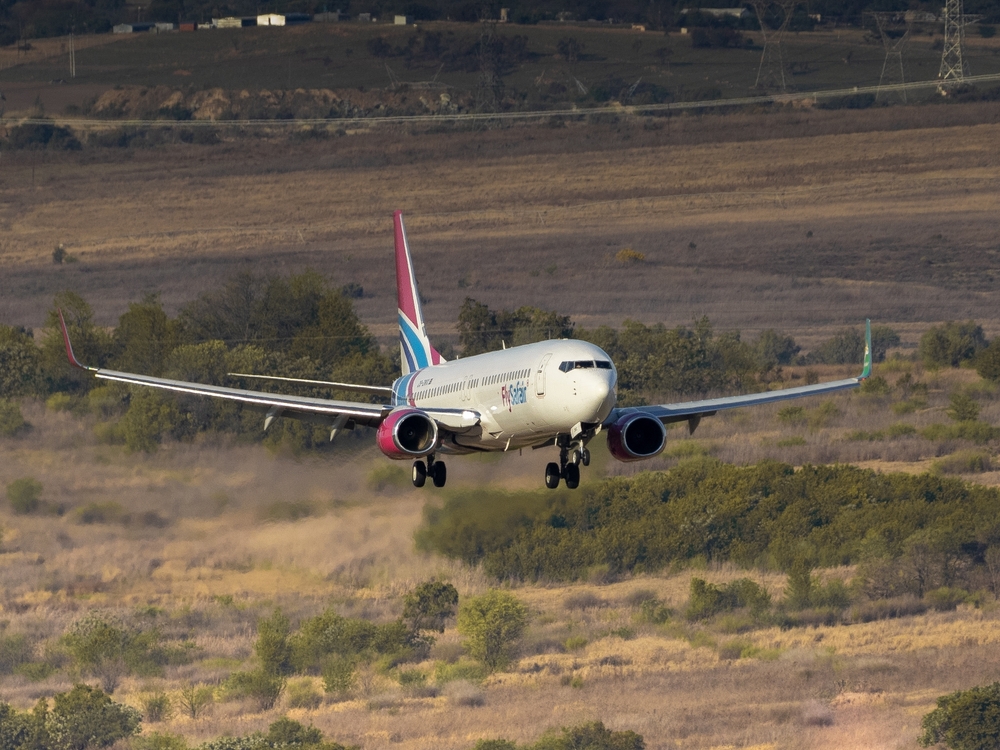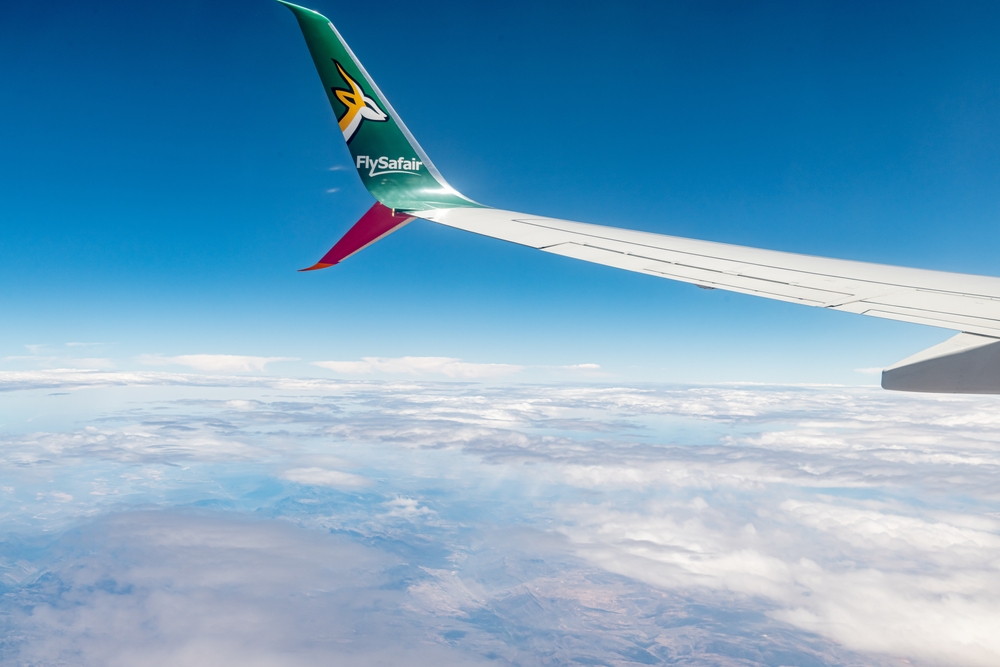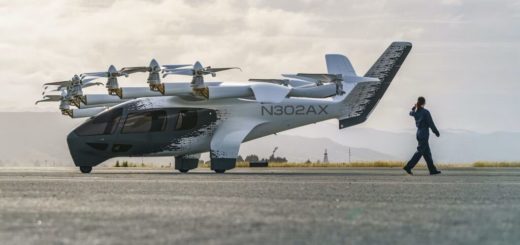South Africa’s FlySafair to consolidate and reduce fuel costs in 2024

South African low-cost airline FlySafair has said it will spend 2024 focusing on consolidation as it attempts to steer a course through financial constraints imposed by challenging economic conditions in the country. The carrier will hope to achieve its aim by refining its aircraft fleet, cutting fuel costs, and conducting a review of its route network.
The Johannesburg-based airline has enjoyed significant growth since the end of pandemic-related travel restrictions, bolstering its domestic South African flight schedules and inaugurating overseas routes to Mauritius (MRU) and Zanzibar (ZNZ). In October 2023, the carrier also upgraded its cross-border operations, starting new services to destinations such as Harare (HRE), Victoria Falls (VFA), Livingstone (LVI), and Maputo (MPM).
In April 2024, the company will start its only new route for 2024 between Cape Town and Kruger Mpumalanga International Airport (MQP). However, this service is earmarked to be the carrier’s only new route for the year.
Economic conditions prevailing in its core South African market have made operating while remaining profitable increasingly hard for the company, according to aviation analysts. South Africa’s economy is forecast to grow by a solitary 1% in 2024, meaning that wages are likely to stagnate across the country resulting in fewer people having the budgets to travel.
“Economists are pretty lukewarm on economic growth predictions for 2024,” said Kirby Gordon, FlySafair’s Chief Marketing Officer. “They seem to expect GDP growth to be around 1.2%, so that’s not really going to open up a huge growth opportunity. As such, we see 2024 as being a bit of a year of reconsolidation.”

While the airline has seen success in recent years, the economic situation in South Africa means that sustaining a profitable airline operation is difficult for most African airlines currently. Over-regulation, protectionist policies, anti-competitive behavior, and increasing operating costs are all adversely impacting profitability across the airline sector, exacerbated by the country having to purchase jet fuel in US dollars.
“It is ridiculously expensive to fly these days. Airlines are struggling at the moment. Fuel is ridiculously expensive,” Gordon said at a press briefing.
To ensure a viable business model is maintained, FlySafair has said it will not expand its fleet of aircraft in 2024, as had previously been expected. The carrier currently has a fleet of 35 Boeing 737s, all being older -400 and -800 variants.
The airline will continue working with travel agencies in 2024, which it sees as providing vital revenues to its bottom line. Unlike other low-cost airlines in other parts of the world, the carrier sees much of its revenue come through the travel agent route, and keeping agents onside is seen as crucial to secure the longevity of FlySafair.

In other areas of its business, the carrier has said it will continue to keep on top of its sustainability goals throughout 2024, despite the introduction of cost-cutting measures. The airline will continue to keep its fuel bill to a minimum, by ensuring its aircraft are as light as possible and making the most efficient use of airspace and route planning software.
The company has an entire team dedicated to improving operational efficiencies, aircraft performance, and reducing costs, as fuel represents almost 55% of the carrier’s operating costs.
The post South Africa’s FlySafair to consolidate and reduce fuel costs in 2024 appeared first on AeroTime.
South African low-cost airline FlySafair has said it will spend 2024 focusing on consolidation as it attempts to…
The post South Africa’s FlySafair to consolidate and reduce fuel costs in 2024 appeared first on AeroTime.






